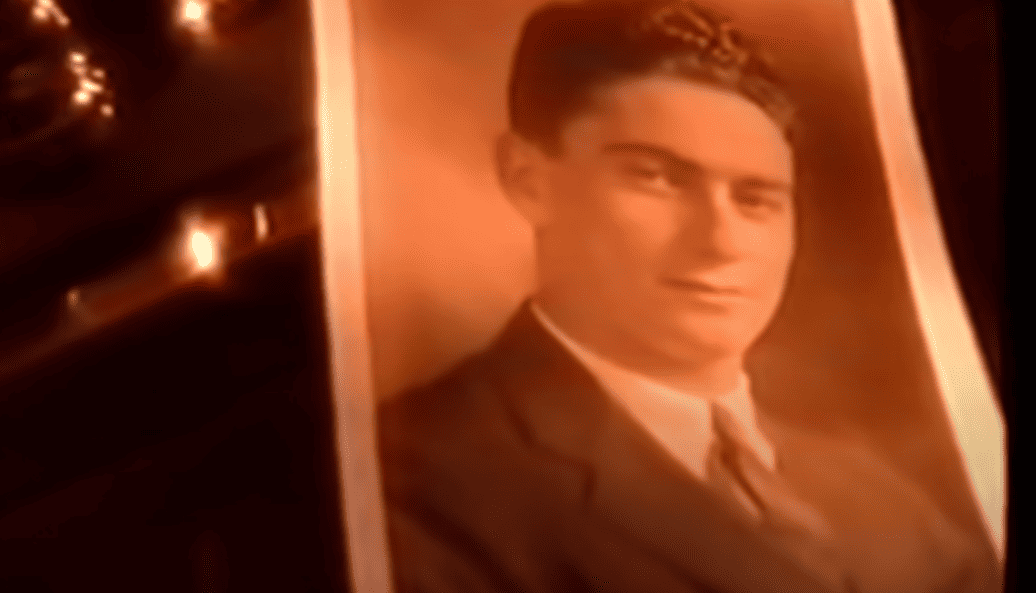Last Updated: January 14th, 2024 by Jake Cain
Fun Facts About Moe Berg
- Moe Berg’s MLB career spanned 15 seasons, during which he played mostly for four American League teams (Baseball Hall of Fame).
- Despite his average playing skills, Berg was celebrated as “the brainiest guy in baseball” and was given the intriguing label by Casey Stengel as “the strangest man ever to play baseball”.
- A graduate of both Princeton University and Columbia Law School, Berg was fluent in several languages, including Latin and Greek, and was even known to read up to ten newspapers daily.
- Beyond baseball, Berg’s intellectual prowess led him to a secret life as a spy for the Office of Strategic Services during World War II, where he participated in missions in Yugoslavia and Italy to gather intelligence on resistance groups and the German nuclear weapons program.
- His linguistic skills were so advanced that during his time at Princeton, Berg and a teammate communicated plays in Latin to throw off opposing players who may have been eavesdropping.
- In one of his most notable espionage activities, Berg captured critical footage of Tokyo during a 1934 trip to Japan, which was later used by American intelligence in WWII planning (American Heritage Foundation).
- After his contributions to the war effort, Berg was occasionally employed by the CIA, although his sister later commented that he did not produce much intelligence.
- A man of many firsts, Berg was one of the first Jewish students at several schools he attended, and his cultural heritage often made him stand out.
- Post-baseball, Berg was recognized posthumously with the Medal of Freedom for his war service, the highest civilian award during wartime, which his sister accepted on his behalf after he originally turned it down.
- Despite his remarkable life, Berg’s final words reportedly inquired about the daily performance of the New York Mets, cementing his eternal love for the game of baseball.
A Most Unlikely Spy
In the annals of baseball lore, few characters are as compelling as Moe Berg. His career was distinguished not so much by RBIs or home runs, but by stealth missions and secret intelligence. While his .243 batting average was unremarkable, the man who sported number 7 for teams like the Brooklyn Robins and the Boston Red Sox was anything but ordinary.
The Intellectual Backstop
A Princeton and Columbia Law grad, fluent in several languages, Berg was known as the “brainiest guy in baseball,” a title that led him down an unexpected path (Baseball Hall of Fame).
When World War II overshadowed the baseball diamond, Berg swapped his catcher’s mitt for a dossier and dove headfirst into the shadowy world of espionage. He was a real-life James Bond in a baseball cap.
From Dugout to War Room
In the early 1940s, Berg’s keen intellect caught the attention of the OSS, the WWII precursor to the CIA. He was deployed to assess the threat of Nazi Germany’s atomic ambitions, a task for which his sharp mind and linguistic dexterity made him supremely qualified (American Heritage Foundation).
His assignment, dubbed “Project Larson,” was cloak-and-dagger stuff: interview Italian physicists to suss out the extent of Germany’s bomb program. Bergen’s wartime escapades were as understated as a sacrifice bunt but as crucial as a clutch grand slam.
A Life Shrouded in Mystery
Post-war, Berg’s life became more enigmatic. He dabbled with the CIA but lived largely outside the public eye, shunning the fame he could have courted. Instead, he lost himself in books, languages, and the daily box scores. In the end, this ballplayer-turned-spy was a man of many masks (American Heritage Foundation).
Moe Berg passed away in relative obscurity in 1972, with his last thoughts reportedly on the New York Mets’ performance that day. It was a fitting end for a man who straddled two worlds with such aplomb.
A Spalding catcher’s mask at the Baseball Hall of Fame is a testament to Berg’s less celebrated baseball career, a token of a man whose true legacy was penned in the invisible ink of clandestine service.
Berg’s saga stretches the boundaries of belief, from the baseball fields of America to the battlefields of Europe, making him perhaps the most interesting man ever to don a baseball jersey. The story of Moe Berg is a home run that cleared the fences of the baseball stadium and landed squarely in the history books.

